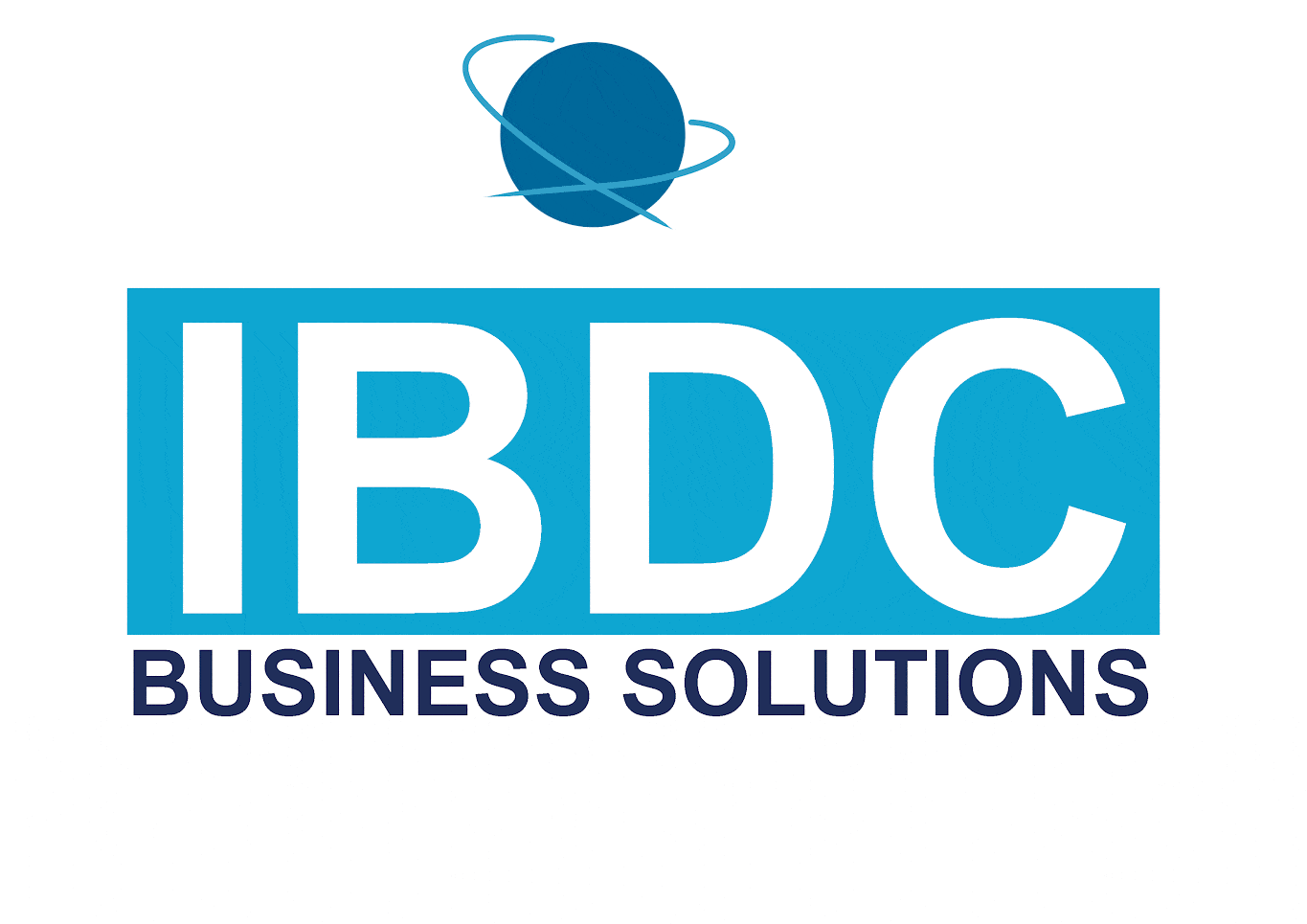What jobs will be in demand in 20 years?
Predicting the jobs that will be greatly sought after in future decades is a speculative exercise. Nevertheless, extrapolating from current employment trends, technological advances, evolving demographics, and global challenges can offer a glimpse into the professions that could be critical two decades from now. Here are some perspectives on the jobs that may be in high demand by 2042.
1. Healthcare Professions:
As the global population grows and ages, the healthcare sector will correspondingly expand. Specifically, with increasing lifespans, the need for professionals who can cater to the unique medical needs of the elderly will rise. Geriatric care, which involves aiding and treating the elderly, will evidently be a significant area of focus. Similarly, the fields of physical therapy, occupational therapy, home health, and similar roles that facilitate aging in place comfortably could see a surge.
Advancements in medical technology will also call for experts in newer medical fields such as genetic counseling, telemedicine, and personalized medicine. As we understand more about the human genome and its impact on health, genetic counselors will be essential to interpret genetic information and guide patients.
2. Information Technology and Artificial Intelligence:
Information technology has radically transformed our lives over the last two decades, and it shows no signs of slowing. The accelerated digitization following the COVID-19 pandemic has shown the importance of technology, especially in business continuity and adaptation. Thus, professionals in cybersecurity, data analysis, software development, and IT project management will be in high demand.
The rise of Artificial Intelligence (AI) and Machine Learning (ML) technologies is expected to generate demand for AI and ML specialists. These innovative technologies are being integrated into a diverse range of applications from finance and healthcare to entertainment and transportation.
3. Sustainable Energy and Environment:
Addressing climate change and implementing sustainable practices are top priorities for many countries today. This will likely lead to a growing demand for professionals in fields like renewable energy engineering, energy-efficient construction, and environmental consulting. Wind and solar energy experts, electric vehicle engineers, and battery technology specialists, among others, will play a leading role in creating a more sustainable future.
4. Advanced Manufacturing and Robotics:
The face of manufacturing is changing due to advancements in automation, robotics, and 3D printing. Jobs in this sector will look very different in a couple of decades than they do now. Robotics engineers, automation specialists, and individuals skilled in operating and maintaining these advanced machinery will likely be sought-after.
5. Space Exploration:
Space exploration is another field expected to grow significantly over the next two decades, fueled by both national space agencies and private corporations. As we venture further into space, the need for astrophysicists, aerospace engineers, astrobiologists, and even space tourism professionals will likely skyrocket.
6. Education:
As traditional educational systems are increasingly blended with technology, there will be a higher demand for educational professionals who can deliver high-quality, tech-integrated teaching. Experts in educational technology, curriculum developers who can adapt teaching to digital platforms, and lifelong learning facilitators will be key players in the future of education.
7. Mental Health Professionals:
The importance of mental health has come to the forefront in recent years, and this trend is unlikely to change. As awareness grows and stigma declines, there will be increasing demand for mental health professionals—clinical psychologists, therapists, counselors, and social workers.
8. Agricultural Technology:
With an ever-growing global population and the pressing need for sustainable farming practices, agriculture technology (or AgTech) will become increasingly important. Agricultural scientists, precision farmers, and hydroponic growers who can leverage technology to boost crop yields and quality will likely be in high demand.
9. Urban Planning and Development:
Urban planners who can optimize city spaces for a better quality of life, sustainability, and resilience to climate change will be indispensable in shaping the future of our cities. Planners with knowledge in green infrastructure, mixed-use development, and smart cities will likely see their fields grow.
10. Biotechnology:
Biotechnology’s potential in fields like healthcare, agriculture, and environmental science is considerable. Experts in gene editing, synthetic biology, bioinformatics, and more will drive innovation and solutions to some of the most persistent global problems.
11. Virtual and Augmented Reality:
With AR and VR technology becoming more sophisticated and ubiquitous, we’ll likely see it become integrated into more sectors: education, real estate, tourism, healthcare, and more. Specialists in VR/AR will be crucial in developing and managing these immersive experiences.
12. Data Privacy and Ethics:
As we become increasingly reliant on digital technologies, the ethical use of data and privacy protection will become more vital. Experts who understand the balance between data utilization for insights and maintaining consumer trust will be required.
It’s important to note that the future of work will likely involve jobs that don’t exist yet, much as occupations today like app developers or social media managers were unforeseen 20 years ago. This prediction underscores the importance of cultivating transferable skills, flexibility, creativity, and lifelong learning – attributes that will empower workers to pivot and adapt regardless of what the future







